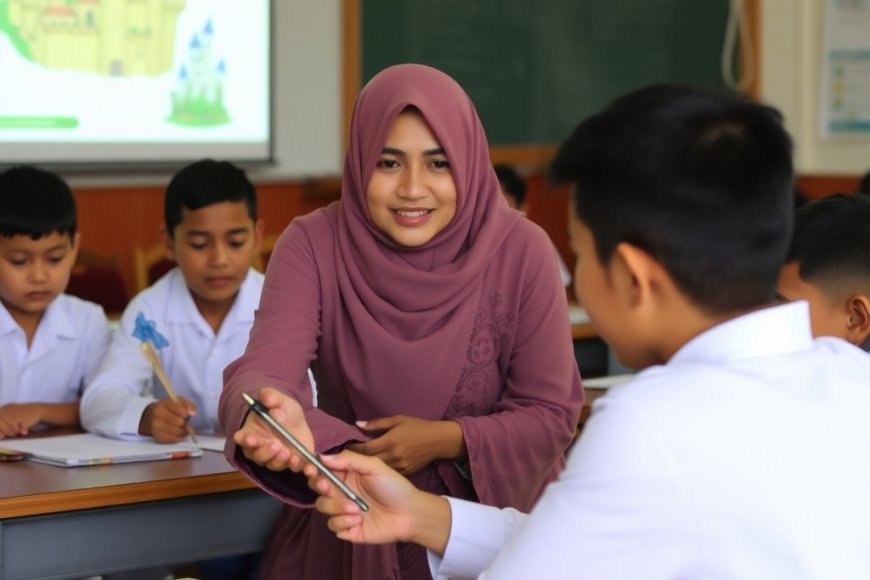Under the leadership of President Prabowo Subianto, a series of highly anticipated new policies have been announced for teachers across the nation. These policies aim to improve the welfare and quality of education in Indonesia. One key point in these policies is the salary increase for teachers. Civil servant teachers will receive a one-time salary increase, while non-civil servant teachers will receive an additional professional allowance of Rp2 million.
The salary increase has been warmly welcomed by teachers, considering their crucial role in shaping the next generation of the nation. In addition to the salary increase, the government is committed to enhancing the quality of education by providing various facilities for teachers. One such initiative is the education assistance program for teachers without a Bachelor’s or Master’s degree. Approximately 249,623 teachers will have the opportunity to further their studies to a higher level.
This program is expected to enhance teacher competence and have a positive impact on classroom learning quality. Moreover, the government will also provide cash assistance to non-civil servant teachers who are not certified. The amount and number of beneficiaries of this assistance will be announced in 2025. The cash assistance is aimed at easing the burden of non-civil servant teachers and motivating them to continue contributing to the field of education.
To improve the quality of learning facilities, the government has allocated Rp17.15 trillion for the renovation of 10,440 public and private schools. With these renovations, it is hoped that students can learn in a more comfortable and conducive environment. Additionally, the government will organize the Teacher Profession Program (PPG) for 806,486 teachers who meet the Bachelor’s or Master’s degree qualifications to enhance their pedagogical competence and professionalism.
It is hoped that with these policies in place, teachers can focus more on their main tasks of teaching and educating students. Furthermore, the quality of education in Indonesia is expected to significantly improve. Overall, these policies are expected to bring new hope to the education sector in Indonesia. With support from all sides, the aspiration for quality and equitable education can be realized.

